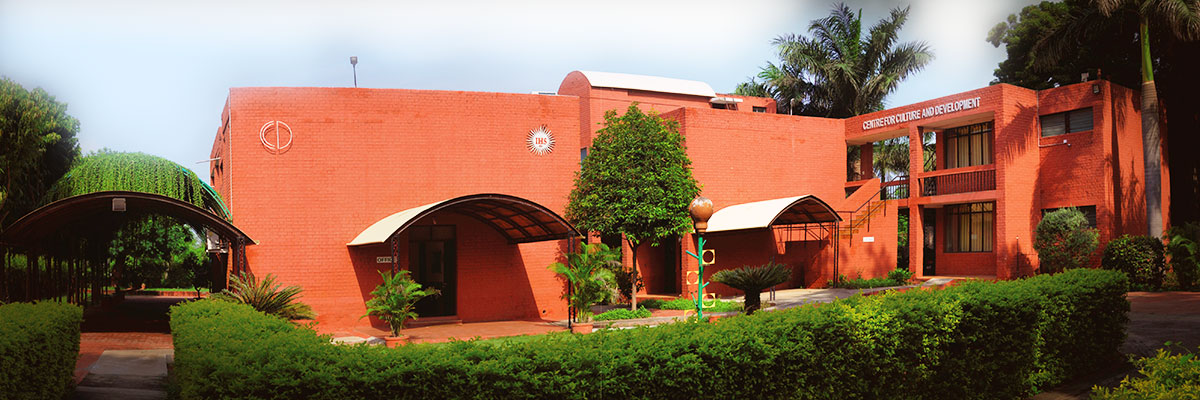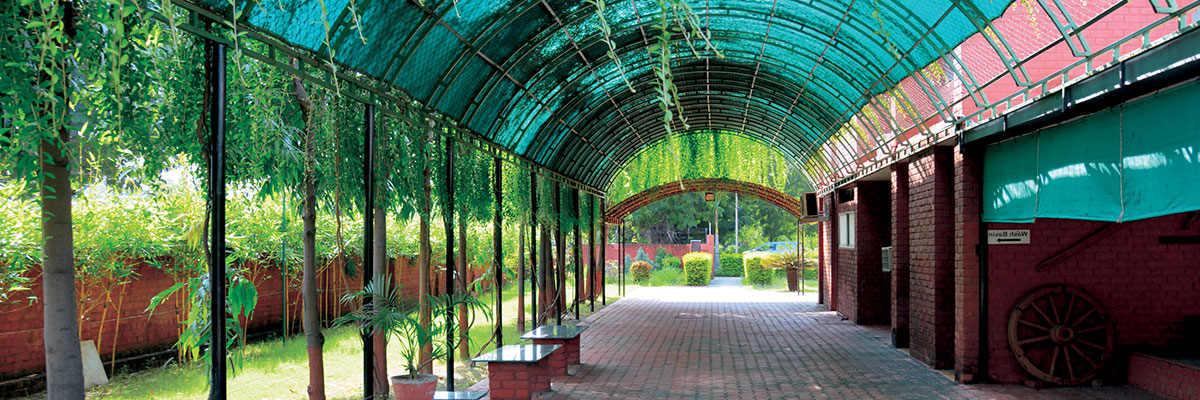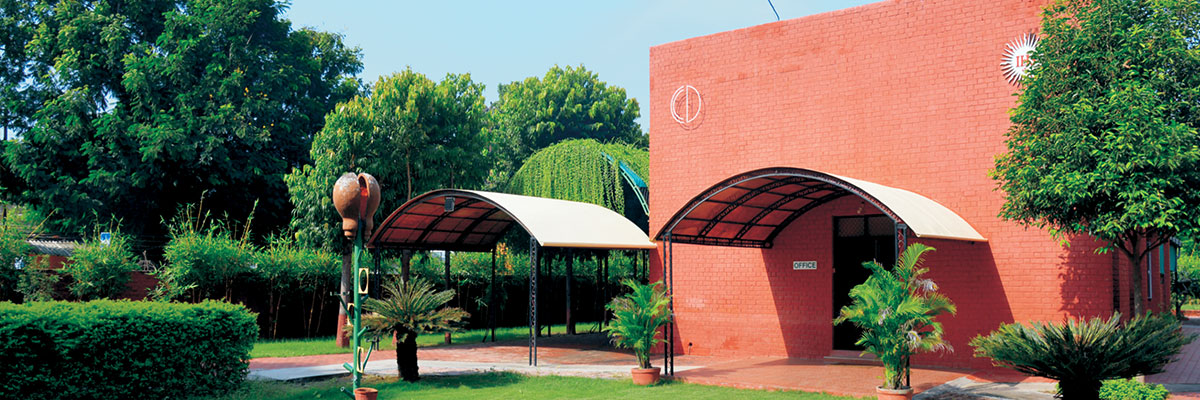AREA OF WORK AND ACTIVITIES
CCD is confined to Gujarat which consists of two main divisions: mainland Gujarat and Peninsular Gujarat. Mainland Gujarat can be again subdivided into north, central, south and eastern Gujarat.
● Studies
- Study of different castes, communities and tribes as well as the processes and forces operating within them. CCD has carried out studies on the character of development, social exclusion and marginalisation of the masses. To name a few: · Geography of Riots · Development-induced Displacement in Gujarat · Historical demography of Baroda State · Changing character of the forests and its impact on tribals of Gujarat.
● Documentation
- The Centre has set up a specialized library on social science disciplines focused on Gujarat. It has a collection of rare books on Gujarat as well as archives. It has maintained a systematic and digitized documentation on dalits, tribals, OBCs, women, children, health, education, politics, Hindu nationalism, communal violence and so on.
● Training
- Relevant knowledge is shared with people through sensitization, workshops, training programs and publications. These are conducted and carried out both in the Gujarati language and using a discourse that people can understand as well as in English.
● Consultancy
- The Centre makes its expertise available to NGOs, government agencies, and other interested groups. It conducts need assessment as well as impact assessment of the developmental interventions by NGOs and GOs.
AREA OF WORK AND ACTIVITIES
STUDIES
DOCUMENTATION
TRAINING
CONSULTANCY
History
Social science research is necessary to deal with the numerous complex problems of society, as not all problems can be solved by the natural sciences and technology. The state, an instrument of society, needs to consider social science research as a vehicle in bringing about a desired type of society. Social sciences are meant to enlighten society. While they may not solve all problems, they help in understanding the nature of problems and in dealing with them. They try to objectively analyse and comprehend social realities. Social scientists, through their works, hold a mirror to society.
Gujarat was carved out of the erstwhile Bombay state in 1960. The complexities and paradoxes of the society, culture, politics, identity and modernity of Gujarat have always had important ramifications far beyond its borders. What are the key ideas that have shaped this society over the decades? What have been the dominant modes of its political mobilisation? What have been the dominant models of its development? What do these models mean for the politics, economy, environment and culture of the state and for the rest of India? Despite being one of the most economically developed states of India, Gujarat ranks low in the Human Development Index. Through its research network, CCD as an intellectual and activist entity endeavours to emphasise equality and to push for a desirable society inclusive of all its segments.
As concerned public intellectuals our concerns are for the “objective, fearless, constructive voice that asks the awkward questions when government, industry, religious leaders and other bulwarks of society stray from their roles of ensuring the proper functioning of a country whose hallmarks are (or should be) social and economic equality, justice for all, and the liberty to say, think and profess the fundamental requirements of good citizenship” (Romila Thapar, The Public Intellectual in India, 2015). We seek to question the existing reality with the intention of arriving at improving the human conditions in wider society...



